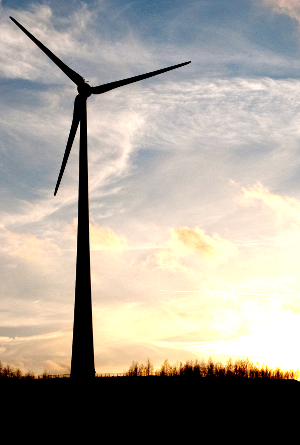Uncertainty could keep green power dollars down
 Analysts say the future of renewable energy investment in Australia is looking rough.
Analysts say the future of renewable energy investment in Australia is looking rough.
A lack of bipartisan support for effective climate change policies is keeping some renewable interests away, and there is not enough profit to set up such systems without government subsidy.
These are the findings of a recent Grattan Institute submission to the panel tasked with reviewing Australia’s renewable energy target.
The Government is reportedly considering lowering the target or scrapping it altogether, as it unwinds the movements toward cleaner and longer-lasting power supplies than the ones dominating the energy mix today.
The Grattan report says the lack of any “underpinning policy rationale” stops Australian renewable energy from becoming a positive investment.
The institute has proposed a “carefully crafted expansion of the renewable energy target” could bring more clean energy investment.
The Grattan report says for a start there needs to be a guarantee that existing programs will not be scrapped as part of ongoing cost-cutting endeavours.
“Regardless of the forward target, existing arrangements should be... preserved to honour existing contractual and related investment decisions, to prevent unpredictable tampering,” Grattan’s submission said.
But oddly, the institute says that non-renewable energy sources should be subsidised in order to help meet the renewable target.
It says that including “non-renewable sources of energy could form the basis for a credible long-term climate change policy”
Incentivising older, less efficient power stations to close down is one of the suggestions.
Research and development of less harmful ways to use fossil fuels and emissions-heavy power supplies may help the sector move forward too.
Australian energy firms AGL and Origin both say that the lack of political backing has slowed any additional spending on renewable energy, as have the ongoing subsidies for rooftop solar and a slump in power prices.








 Print
Print